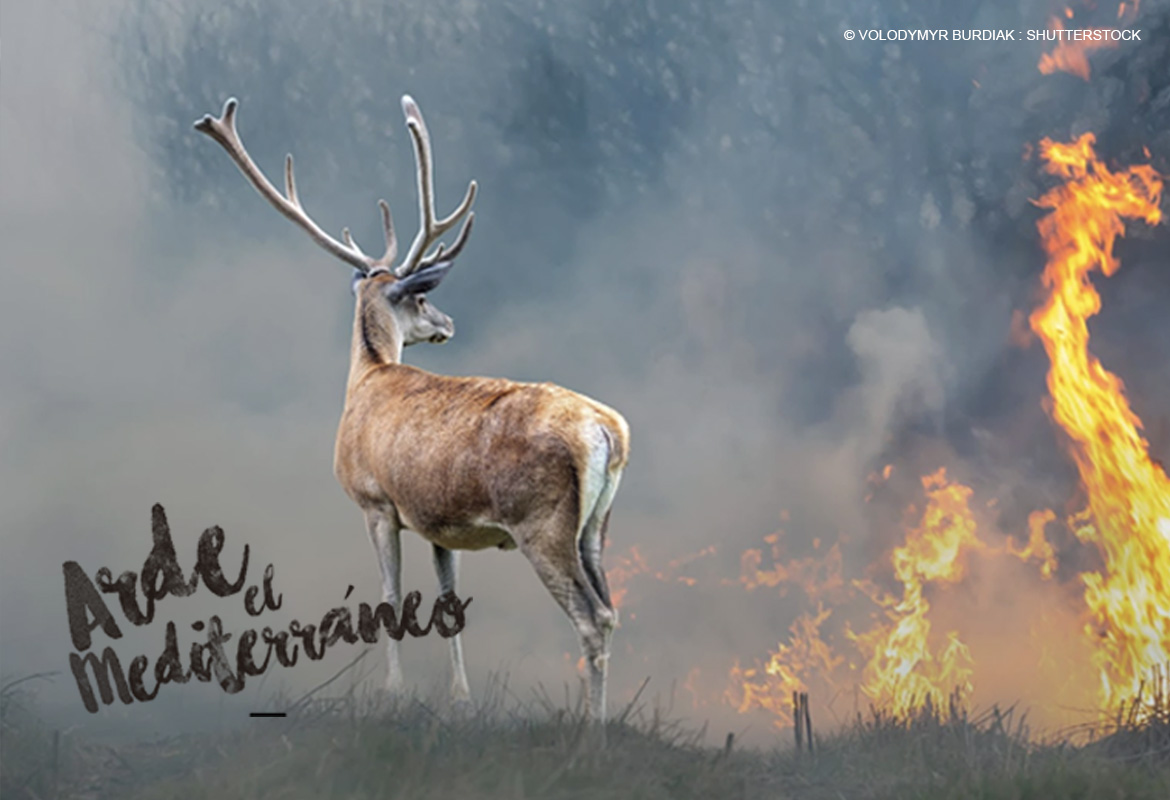Well August is here and this year it is absolutely full to the brim, for those of us that live here all year round it is a bit stressfull.
At this very moment in time we are swamped with visitors to the Island, there have been 500 cars arriving on each boat from various places in Spain, our little Island cannot cope with it. Some of the driving is really dangerous, to risk the lives of your family and themselves to save 5 minutes is baffling to me. The pollution is off the scale not to mention the amount of electricity being used along with the mountains of rubbish being dumped at our virgin beaches (which they get up at 6.00 in the morning to go and fry themselves on, enjoy the pristine cleanliness, litter it then leave). These visitors come to our Island for the natural beauty and cleanliness, which some of them abuse and ruin the very thing they come here for. How twisted is that?
A lot of people seem to think that they don´t need to recycle, just put everything in the green bin, and it magically gets separated by the little elves at the rubbish plant, well I hate to burst that bubble but "IT EFFING WELL DOESN´T".
Near where we live there are a lot of tourists ( alot of spanish who know how the system works) and very few can actually be bothered to walk for an extra 5 minutes to recycle THEIR CRAP. It is the responsiblity of the hotels and private landlords to ask their guests politely to recycle, so that we can all make an effort to preserve the beauty of Menorca.
Save the Mediterranean
Our sea is overexploited, polluted by spills and suffocated by excessive maritime traffic and tourism. Protection for the Mediterranean Now!
The Mediterranean, the Mare Nostrum, is not only the cradle of ancient civilizations and one of the busiest places on the planet, but also one of the most important areas for marine biodiversity on our planet.
Although it represents less than 1% of the surface of the planet's oceans, this sea is home to 1 in 10 marine species, of which 28% are unique. Among others, the resident populations of 8 species of cetaceans stand out, as well as populations of loggerhead and green turtles, monk seals and more than 70 species of sharks and rays.
THE MOST POLLUTED SEA IN THE WORLD
But it is also one of the most threatened seas and one that suffers the greatest pressure from human beings. The 200 million annual tourists who visit the Mediterranean coast generate great urban pressures on the coast, contribute to the increase in pollution and the dumping of plastics into the sea and prevent sea turtles from making their nests in their usual areas
The Mediterranean is the most polluted sea in the world and is considered the sixth area with the highest accumulation of marine debris, concentrating 7% of the planet's microplastics. This is a serious problem for the entire ecosystem and for such emblematic species as turtles or cetaceans that can ingest large pieces of plastic.
VICTIMS OF GHOST NETWORKS
In addition, they are victims of the so-called ghost nets, remains of abandoned fishing nets and gear in which different species become entangled, causing death. Globally 45% of marine mammals, 21% of seabirds and all species of sea turtles have been affected by this marine debris. The intense fishing activity also has a serious impact on many species: 75% of the assessed fisheries are overexploited.
DEADLY TRAP FOR CETACEANS
The Mediterranean concentrates 25% of the world's maritime traffic, which causes serious damage to marine mammals (noise, collisions, annoyances, etc.) A level of traffic that has doubled since 2002. This increase has triggered the number of cruise passengers in the Mediterranean from 8.7 to 30 million in just one decade. Luxury tourism is also suffocating our seas: more than half of the world's superyachts ply the waters of the Mediterranean each summer with increasing infrastructure needs on the coast.
The results of all these pressures are truly dramatic. From whales that are hit by boats, turtles that ingest plastic and compete with tourists on their nesting beaches, to sharks threatened by overfishing. As a consequence, marine mammal populations have decreased by 41% in the last 50 years. More than half of the shark and ray species found in the Mediterranean are classified as endangered. There are only about 400 monk seals left in the Mediterranean.
LIKE A SOUP
The Mediterranean Sea is suffering the impact of climate change very directly and is heating up 20% faster than the world average. At least 1,000 invasive species have appeared from warmer areas to the Mediterranean displacing indigenous ones and destroying important habitats.
MEDITERRANEAN ALREADY PROTECTED
Only 1.27% of the Mediterranean is effectively protected, while international agreements establish a minimum of 10% and the world's leading scientists recommend that at least 30% of the sea should be protected through marine spaces protected areas and other conservation and management measures for the most vulnerable ecosystems.
IT'S POSSIBLE
With our work we demonstrate that the protection of the seas is a possible and NECESSARY solution. In addition to fighting against plastic pollution and promoting sustainable fishing, from WWF we are promoting the creation of a network of protected areas where species can find refuge and recover their populations, where activities such as fishing are sustainable and where marine traffic is not. cause damage to marine fauna.
The Marine Reserves of Tagomago, the Medas Islands, Tabarca, Columbretes, the Cabrera National Park, among many other cases show that it is possible.
The Mediterranean is calling us and asking for urgent help. We are suffocating it more and more. We have to act now.
The blog song for today is: "You got the love" by Candi Staton "sometimes I feel like throwing my hands up in the air" I know that feeling!
TTFN



